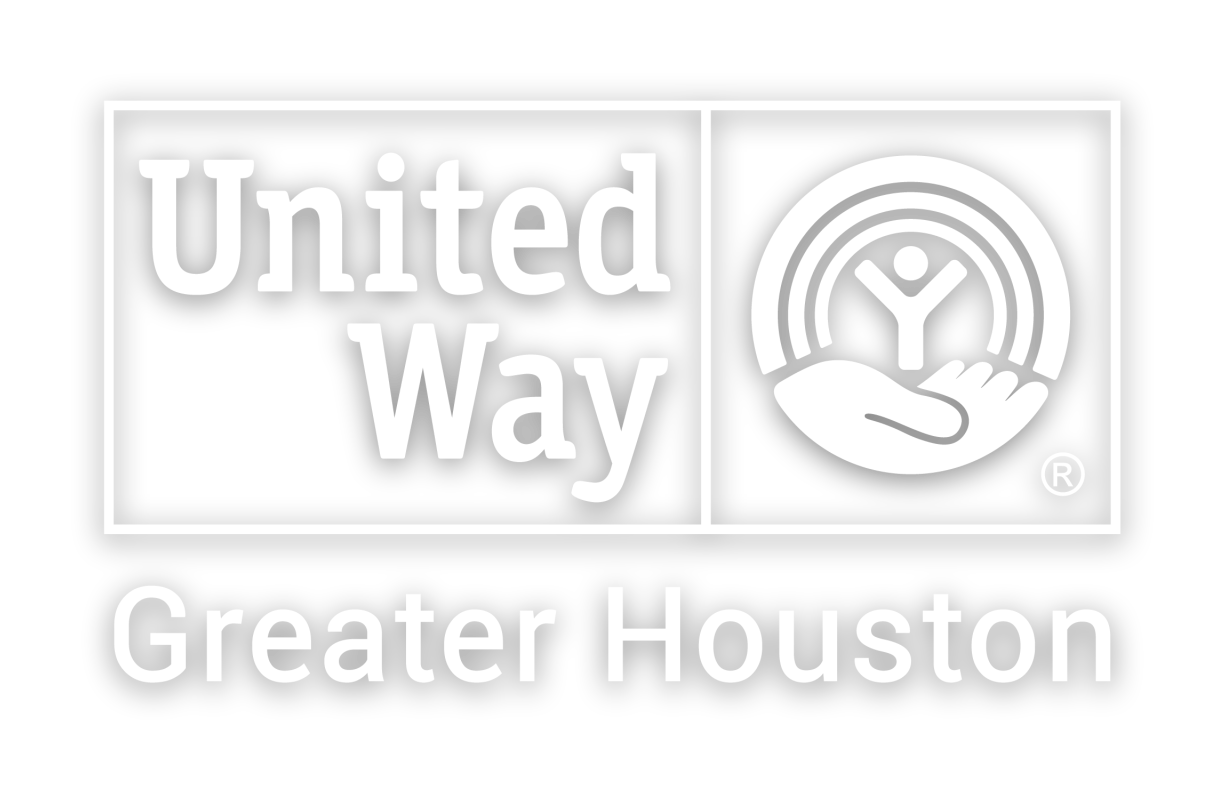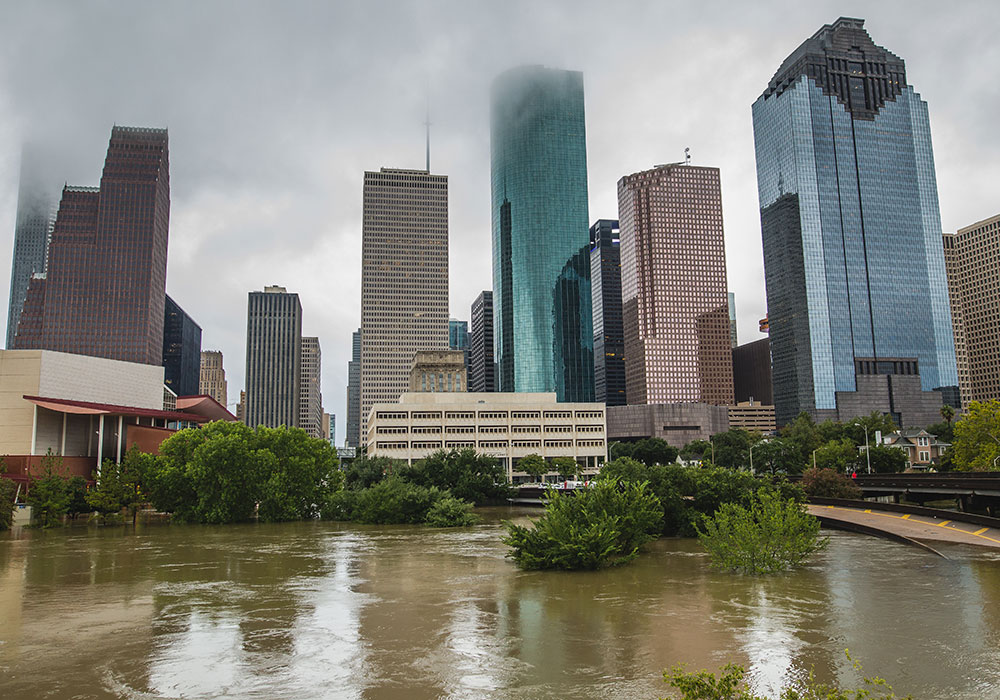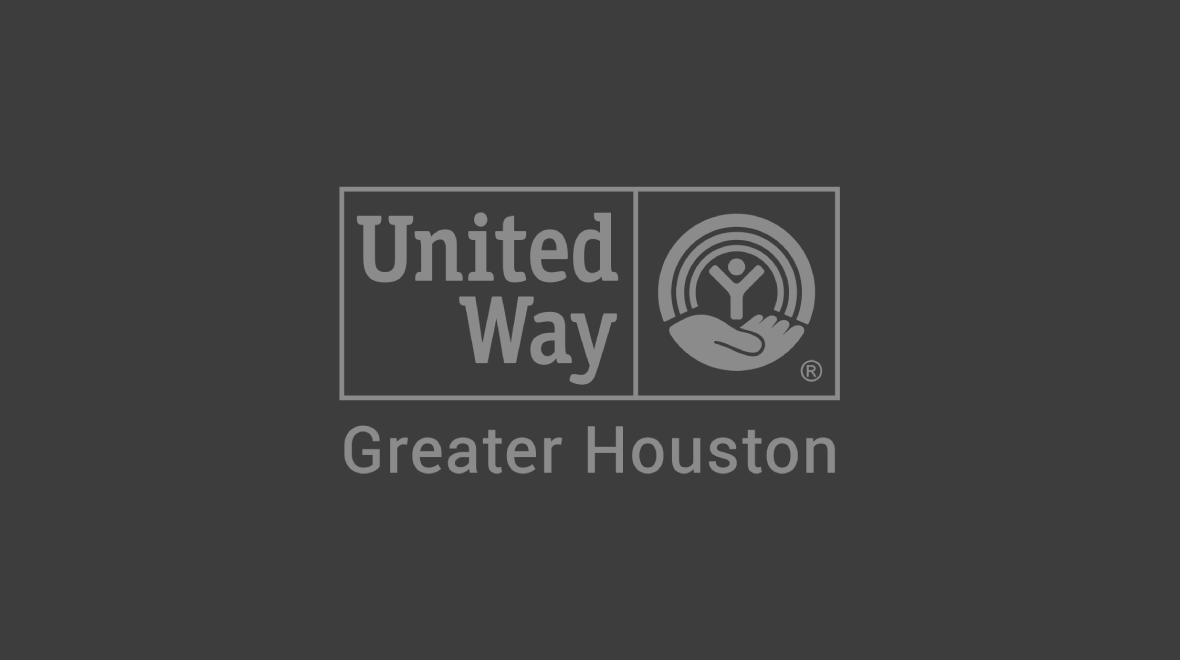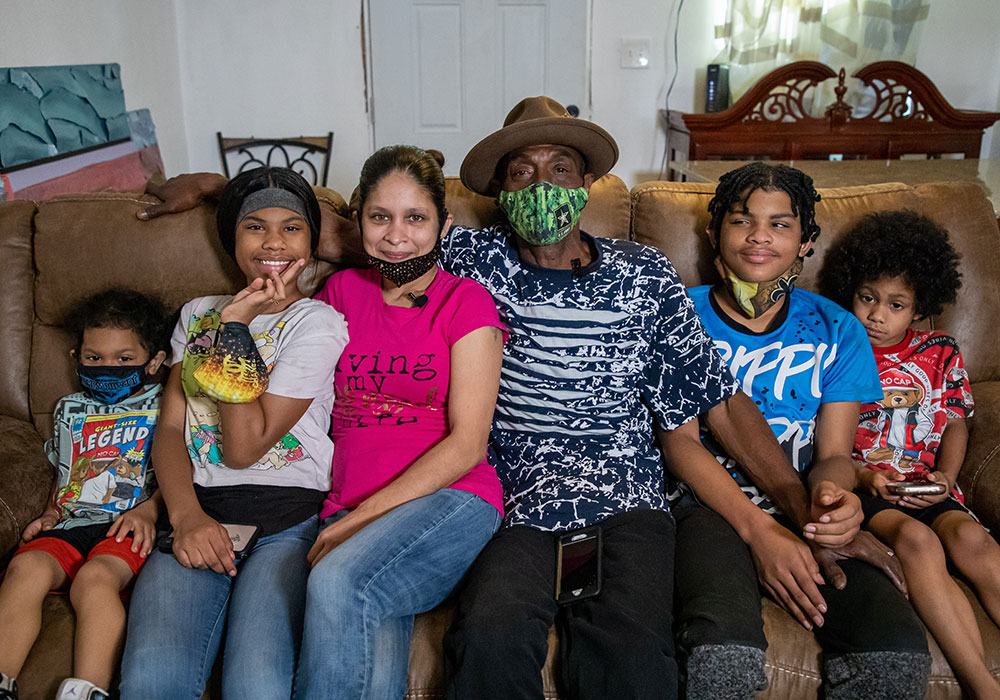In good times and bad, United Way is here
When our community faces disaster, United Way of Greater Houston is here to help our neighbors recover and rebuild.
In times of disaster, United Way of Greater Houston is here to provide critical information and resources, to invest in immediate relief, and to lead long-term recovery efforts.
Before, during, and after disasters our 211 Texas/United Way HELPLINE is our community’s go-to for information and resources.
-
Recent Disaster Recovery Efforts
Learn more about the Houston Harris County Winter Storm Relief Fund and its impact.
Learn more about the Greater Houston COVID-19 Recovery Fund and its impact.
-
Greater Houston Disaster Alliance
With over 35 years of combined experience leading disaster recovery efforts, Greater Houston Community Foundation and United Way of Greater Houston formed the Greater Houston Disaster Alliance in 2023 to ensure the region has the networks and systems in place to accelerate recovery effectively and equitably in times of disaster. Through an initial investment from Enbridge and Phillips 66, the Disaster Alliance catalyzes public and private partnerships and brings year-round focus to disaster preparedness and resiliency to reduce the harms caused by disaster on our most vulnerable residents. -
Long-Term Recovery Committees
Throughout the year, United Way leads and brings together four Long-Term Recovery Committees for each county in our service area: Fort Bend Recovers, Harris County Long-Term Recovery Committee, MC
Cares, and Waller County Recovery Committee. These committees meet regularly to ensure disaster preparedness and operational readiness in responding to local disasters. They consist of nonprofit,
faith-based, and governmental organizations collaborating to develop a unified response to the needs of our community.Want to join?
Fort Bend Recovers
Meets bimonthly
Email Caroline EganHarris County Long-Term Recovery Committee
Meets bimonthly
Website: www.hcltrc.org
Email: HarrisCountyLTRC@unitedwayhouston.orgMontgomery County Community Assistance Recovery Efforts & Services (MCCARES)
Meets bimonthly
Email Julie BillingsleyWaller County Recovery Committee
Meets as needed
Email Bobbie Wilson
Disaster Preparedness
The best defense against a disaster is preparation.
-
Resources to Know
Find information and tips about how to prepare for a disaster, plan templates, and more at these sites.
TranStar’s Roadway Flood Warning System
KHOU Severe Weather Guide
Department of Homeland Security – Ready: Ready.gov or Listo.gov
Sign up for alerts: Harris County / Fort Bend County / Montgomery County / Waller County
Ready Harris
Harris County Flood Education Mapping Tool
Harris County Flood Warning System
Houston TransStar
Ready Houston
Lone Star Legal Aid resources related to flood risk, insurance, home repair, renter’s rights, and more in English, Spanish, and Vietnamese -
Make a Plan. Build a Kit. Stay Informed.
Make a plan. Your family is unique. As you make your disaster plan, be sure to consider all types of disasters and everyone’s needs. To start putting together a disaster plan, you should identify how you will get in to contact with each other, where you will go, and what you will do in an emergency. Use this guide to get started.
Build a kit. Print a copy of this list (English, Spanish) and put together a kit of emergency essentials like:
- Food that will not spoil and requires no cooking
- Five to seven day supply of water (one gallon per person per day)
- First-aid kit and medications: pain reliever, anti-diarrhea medication, antacid, laxative, activated charcoal (for poison), other necessary medications prescribed by your physician.
- Emergency tools, such as a battery-powered radio, cell phone, flashlight, batteries
- Personal items like toilet paper and plastic garbage bags
- Change of clothing and blankets for each person
Collect and share info. Print, fill out, and include this list of important numbers and family contacts in your disaster kit. Make a copy for everyone in your family.
-
Protect your Important Documents
Place your important documents in a safety deposit box or waterproof container so that they are not damaged in the event of flooding or water leak. Examples of important documents that should be protected are: birth certificates, passports, citizenship documentation, marriage certificates, social security cards, deed to your home, insurance documents, vehicle titles, etc.
-
Prepare your Home
Ensuring your home can weather an emergency can help ease the damage the disaster might cause. There are a few simple things you can do to help better protect your home: clean out gutters regularly, trim trees and remove any dead or down branches from the property, make sure that your roof is properly secured and there are no leaks, and ensure that all doors and windows are properly sealed.
-
Flood Insurance
Homeowners should consider protecting their home by purchasing flood insurance. On average, the annual premium for flood insurance on a single family, one story home is $400 – $450. Depending on various factors, a homeowner could pay upwards of $2,500 annually if they reside in a flood plain. To get more information on what flood insurance covers and how to purchase flood insurance, go to floodsmart.gov.
-
Evacuation Assistance
People who may need extra assistance in a disaster should register with State of Texas Emergency Assistance Registry (STEAR) by visiting https://stear.tdem.texas.gov/ or dialing 211. STEAR may be used by those who require transportation assistance in an evacuation, as well as by individuals who may require other assistance during a disaster.
Meet some of the people your support has helped:
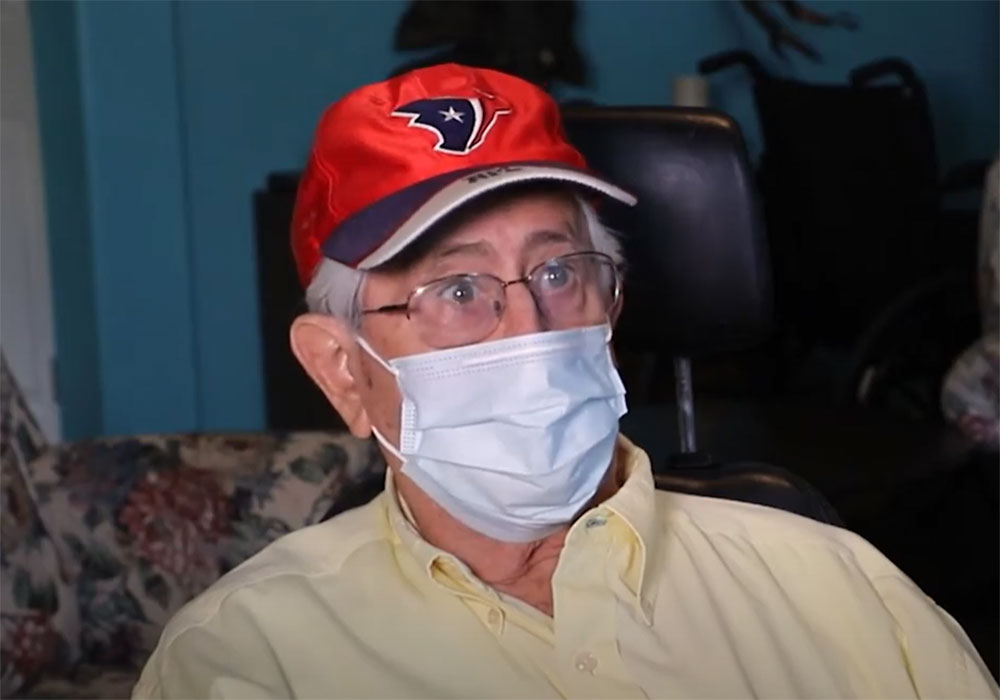
The Greater Houston COVID-19 Recovery Fund helped homebound seniors John and his wife with home-delivered meals, food, and other assistance during the pandemic.

Linda had been a United Way donor for many years but never thought that she would need United Way’s help herself.
Can we help you?
Find ResourcesWant to help out a neighbor?
Give NowNeed Help?
Just dial 211 for free and confidential help 24 hours a day, 7 days a week, 365 days a year in many languages.

